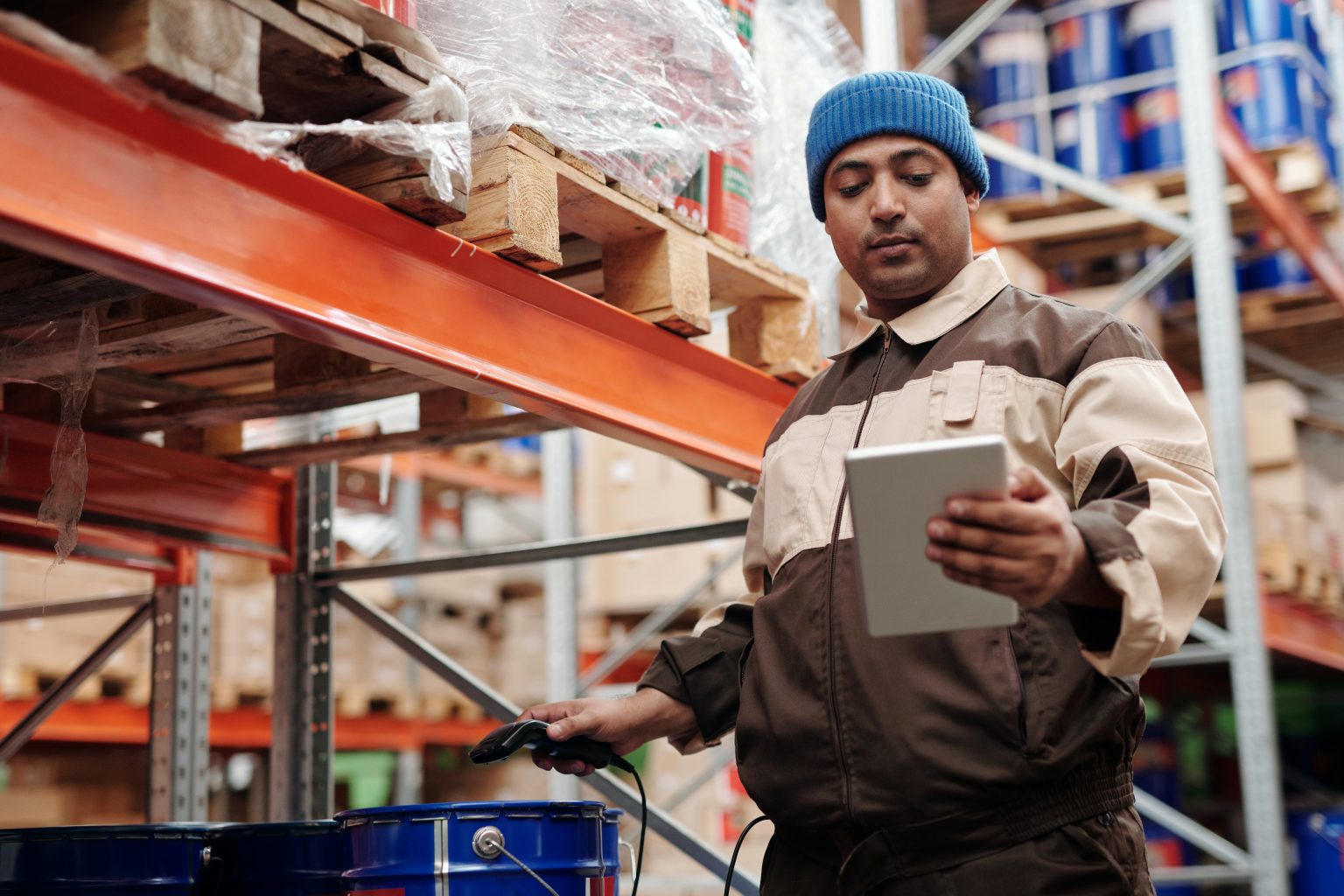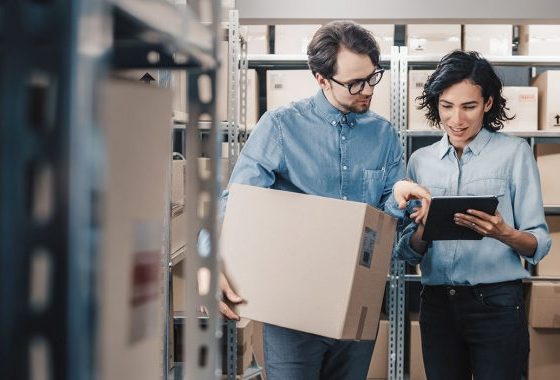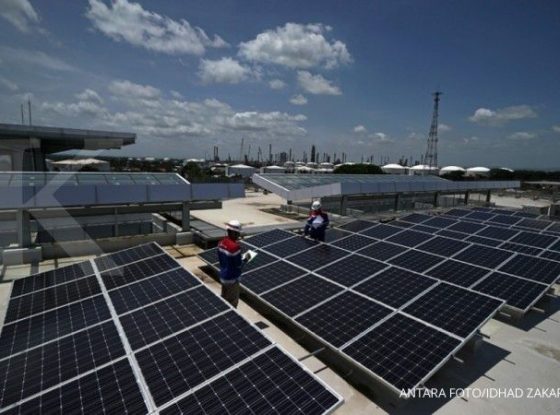Technology Driving Change in the Transport & Logistics Industry

As the public and the market climate continue to transform in the transport and logistics sector, technology is rising up to the occasion and helping businesses keep pace and even stay ahead of changing consumer expectations. At the forefront of these evolutions are the following technologies.
Transportation Tech Trends
Data Analytics
Speedily creating actionable insights out of massive volumes of data, big data analytics continues to improve market and consumer understanding at a much higher level and greater scope. Businesses in the industry are utilising big data analyses to more efficiently plan operational processes, strategies, and services that are more accurate and aligned to emerging consumer needs [1]. By deeply understanding large collections of consumer, market, and process data, this software becomes essential to creating grounded, rewarding user experiences.
Artificial Intelligence (AI) and Machine Learning
Now becoming staples across numerous industries, AI and Machine Learning have also successfully dominated the top of the transportation tech food chain. Significantly improving operation functionality, and subsequently, efficiency, these implementations are boosting incredible new levels of productivity and speed for businesses in the industry [2].
Besides working hand in hand with big data analytics in collecting and processing data, these two technologies are also vital for ensuring the consistent quality of service – enabling the efficient transport of goods by designing optimal transit routes and networks, improving public safety by predictive risk calculation and elimination, and even making sure that consumers are supported quickly and efficiently through engagement channels. All that being said, it looks like this trend is one worth hopping in on.
Near-Field Communication (NFC)
With transport networks increasingly becoming interlinked – given that multimodal travel and transit network connectedness emerging as a trend, consumers are seeking more seamless travel experiences. NFC or Near-Field Communication is making that possible [3].
By creating inclusive ticketing schemes supporting various modes of public transport, this allows travelers to enjoy a smoother, more organised journey. Enabling millions of smart devices in the marketplace to act as contactless tickets or transport cards working seamlessly with Public Transport Operators (PTO) and Mobile Network Operators (MNO), this innovative integration is revolutionising both the serviceability of technology and the overall travel experience.
Cargo & Freight Tech Trends
Autonomous Vehicles
The combination of Artificial Intelligence, Machine Learning, and Automation have created a powerful means for the cargo & freight industries to give convenience a new meaning. Capable of almost completely independent transportation of goods, the use of self-driving or autonomous vehicles for delivery is no longer just a vision but a reality.
With the pandemic pushing for safer operations, rapid development of contactless solutions became an urgent proceeding for many manufacturers. Here came the realisation of mass-produced automated vehicles. And since its dawn, more and more companies are understanding the potential and necessity of utilising autonomous vehicles. From reduced labor and uninterrupted delivery times, to optimised route planning and operational precision, businesses across the sector are all eyes on the benefits of this integration [1].
Blockchain
Blockchain has also increased in popularity within the industry in the last few years. Ensuring operational safety and transparency with its ability to record and encrypt large amounts of valuable information, this digital transaction ledger system continues to safekeep logistics operations. Most successfully employed by Dutch companies like DHL, this trend helps prevent documentation frauds, data system hacking, and even product heists. All whilst keeping the records organised and pristine [4].
Automated Warehousing Solutions
As rudimentary work grows progressively recurrent in warehouse operations, more companies are focusing on the automation of manual workload. More and more companies are looking towards automation for day to day processes to increase savings in manual labor, as well as to improve monitoring, receiving and dispatching products in the warehouse..
Some excellent examples of applications are found in German logistics giant, DHL. Using automated machinery to manage the freight – effectively reducing normative work duration to half its size, and having built more than a hundred automated logistics bases for fast parcel handling and sorting in Germany, DHL illustrates how this technology proves indispensable for fast-growing cargo and freight companies [1]
Though trends continue to emerge and evolve in the industry, these six technologies and their transformative uses offer promising rewards for the foreseeable future. Leverage these innovations and position yourself for success in the market.
Source : monstar-lab.com



